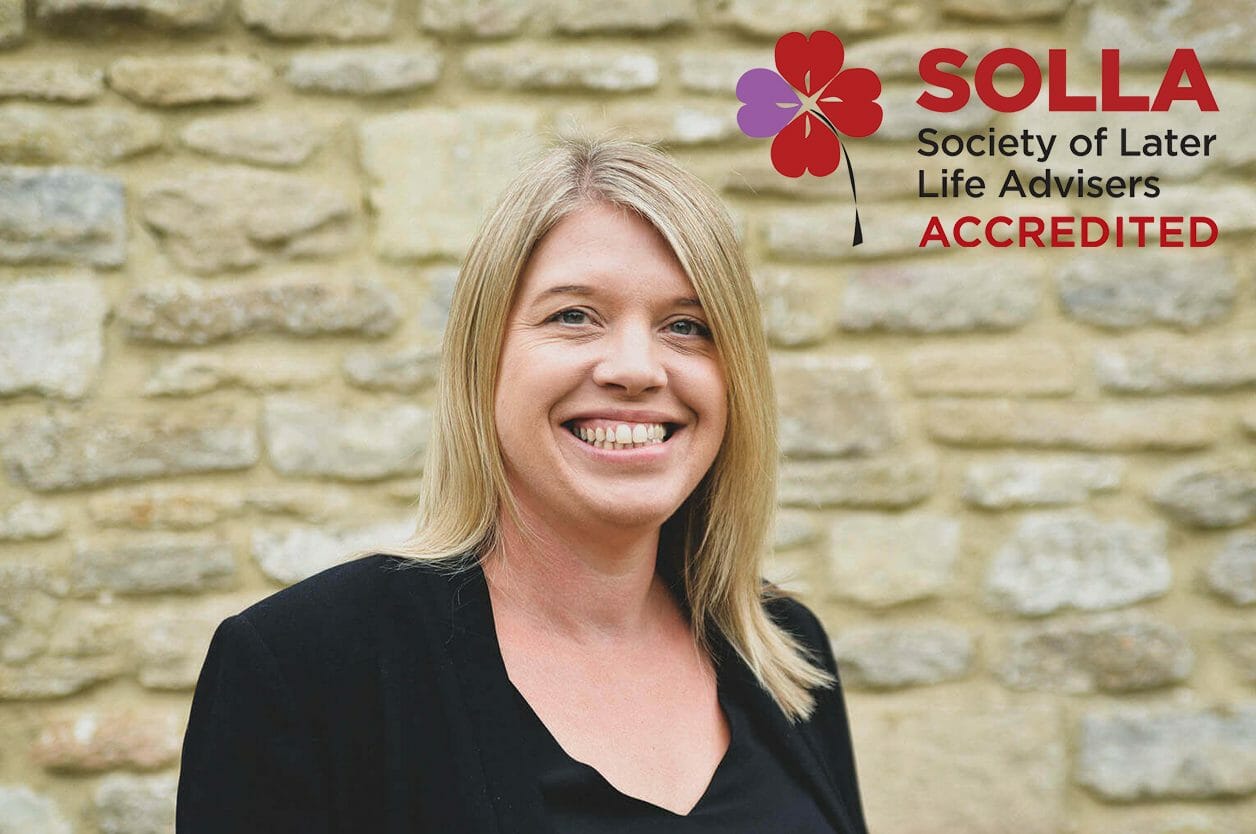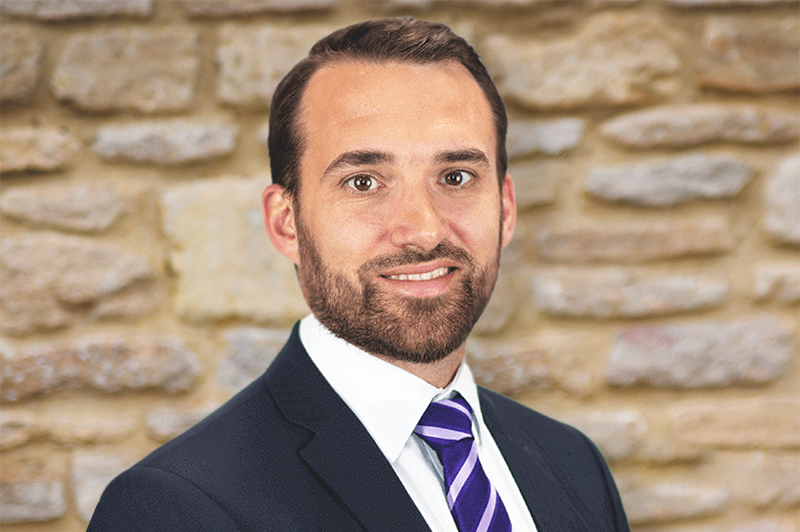The Coronavirus pandemic has taken its toll on our finances, as well as our health and wellbeing, and has led to complications for the protection market. Insurers have had to adapt quickly to ensure they can continue to offer new life and illness cover policies, and people with existing cover may be saddened and angry to find out that their cover does not protect them for Coronavirus.
I am a Chartered Financial Adviser and have many years’ experience in giving advice regarding personal and business protection, so I wanted to investigate what we have learned from the pandemic in relation to protection products such as life and illness cover.
Healthcare professionals
The British Medical Association (BMA) undertook extensive work following on from reports of some healthcare staff encountering difficulties when applying for or reviewing life insurance, critical illness insurance or income protection.
These investigations revealed that although there was an intention on the part of the insurers to treat healthcare workers fairly, some of the questions they asked had the potential to lead to some difficulties for healthcare workers. This was predominantly because not only are they more likely to come into contact with COVID-19 patients, but also more likely to undergo antigen and antibody testing.
The BMA have been involved in constructive dialogue with the Association of British Insurers (ABI) to ensure healthcare workers do not suffer any additional barriers when applying for insurance products. They also strongly advise their members to seek independent financial advice if they are applying for a new life insurance or income protection policy, to ensure they are fully informed before making any decisions, and to help find the best product to suit their circumstances.
Getting cover if you have recently had COVID-19
Insurers now have a specific set of COVID-19 related questions that will be asked upon application, which may include:
- Have you tested positive for Coronavirus?
- Are you currently in self-isolation?
- Have you had any symptoms of Coronavirus?
- Have you been in direct contact with anyone who has been diagnosed with or suspected of having Coronavirus?
Most insurers are deferring offering cover rather than refusing it if you have recently contracted COVID-19, and you usually have to be back at work and symptom free for a minimum period (typically between 1 and 3 months is most common).
Some insurers have temporarily postponed new applications requiring medical evidence to avoid putting further strain on the NHS.
Insurers are continuing to explore alternative approaches to complex cases in order to avoid unnecessary delays to cover. These can include online medical screenings with a nurse, home testing kits and client-provided medical evidence to avoid face to face appointments and NHS input where possible.
Existing cover and COVID-19
The ABI are offering support to their customers who may be affected by the impact of Coronavirus when making a claim on a life, critical illness, or income protection policy, with an aim of reducing the burden on the NHS. This is also a time to get in contact with your Financial Adviser, who would be able to help with the claims process and support you through this difficult time.
Life cover
A life cover claim for death due to COVID-19 is no different to a normal claim, and benefits would be paid subject to the usual policy terms and conditions.
Critical illness cover
COVID-19 is not classed as a ‘critical illness’ in itself so it is unlikely that a critical illness policy would pay out if you developed a non-complicated COVID-19 related illness. However, if you develop a condition that is classed as a critical illness as a result of COVID-19, then you should be able to claim on your policy – subject to individual policy conditions.
Income Protection
Income protection is designed to pay a benefit to replace a loss of earnings if you were unable to work due to illness or injury, for the length of the policy or until you can return to work, depending on which comes first.
Self-isolation is unlikely to be covered, as it is not an illness related reason. There is usually a waiting period (or deferred period) before the policy payment would start to be made (typically between 1 and 12 months), so if you are unable to work due to having COVID-19 then you would have to get-by financially until this period is up, prior to receiving any money from your policy. Some short-term policies cover you from day one, but these are not very common.
Permanent Health Insurance or private healthcare
A lot of private hospitals have been enlisted to help with the huge strain on the NHS when they can offer ventilation and intensive support, as well as providing any available healthcare professionals who may be of assistance.
Any time-critical support and care such as Cancer treatment is still being regarded as a matter of urgency, but low-priority treatment is only going ahead when it is reasonably possible to do so.
Some insurers are offering a number of additional benefits and support such as:
- A cash benefit to those who are hospitalised with COVID-19 through the public health sector if no private health care option is available
- Online GP services
- Support for mental health
- Online and phone consultations
Going forwards, we are likely to see an ongoing strain on the NHS, not only due to COVID-19 but also due to backlogs in routine procedures. Therefore, having a Permanent Healthcare (PHI) policy will be considerably higher value for a lot of us, so it is important to keep these policies in place where possible.
Financial issues and impacts on personal protection policies
A lot of businesses and individuals are suffering from severe financial implications as a result of the pandemic, and sadly one of the first things to be cancelled in difficult times can often be protection policies, as people often do not understand the value these policies hold for them and their families.
Although there is usually a period of grace before the policy lapses after missing a payment, customers who are experiencing such financial difficulties could have a number of options available to them including:
- Applying for a payment holiday
- Reviewing the cover based on the risk/needs to reduce the premium
- Ask for administration/cancellation fees to be waived
- Ask for charges/interest on missed payments to be relaxed
- Ask for cooling off periods to be extended
- Ask for a partial refund on payments made upfront
The importance of Independent Financial Advice
Some of the main reasons for putting personal protection policies in place are:
- Mortgage and loan protection (making sure your debts are paid off in the event of death or serious illness)
- Dependant protection (making sure your family can get by financially in the event of your death)
- Income protection (a replacement income in the event of long-term ill health)
- Inheritance Tax planning (a life cover policy could pay all or part of an IHT bill in the event of your death)
Some of the main reasons for putting business protection policies in place are:
- Key person cover (helps protect the business if an important employee dies or is diagnosed with a critical illness)
- Shareholder or partnership protection (shareholder and partnership protection can help business owners keep control of their company if one of them dies or is diagnosed with a critical illness, it also ensures the deceased’s family are fairly treated)
- Relevant life cover (relevant life cover allows even small employers to offer a tax efficient death in-service benefit to their employees)
All too often, people neglect advice in the personal and business protection arena and this can have a devastating effect on them, their businesses and their families if they do not have the right cover in place in a worse-case scenario. It is crucial to ensure that you are fully aware and informed of exactly what you are applying for, and that it is the right level and type of cover for you.
An independent financial adviser such as myself should conduct a full fact-find, taking into account your circumstances, needs and objectives. They will also review any existing policies or employer-provided schemes to ensure there is no duplication and any new policies work in harmony with those already in place. They will also search the whole of the market to get you the best deal out there, providing peace-of-mind and reassurance.
If you would like to discuss your protection requirements, please do not hesitate to get in touch with me or one of my colleagues on 0117 450 1300.







